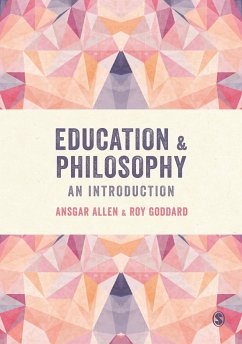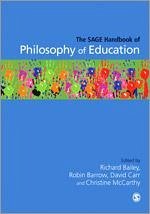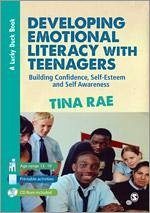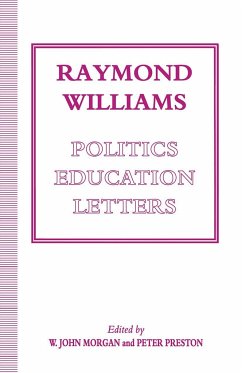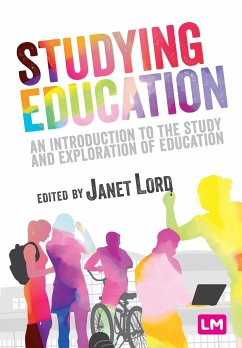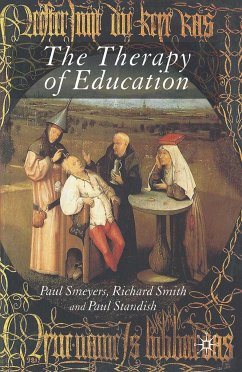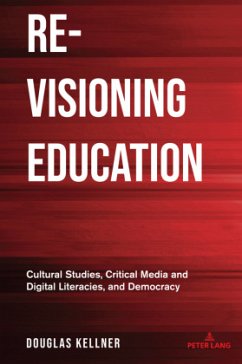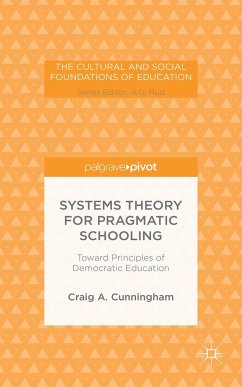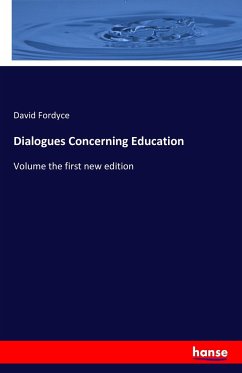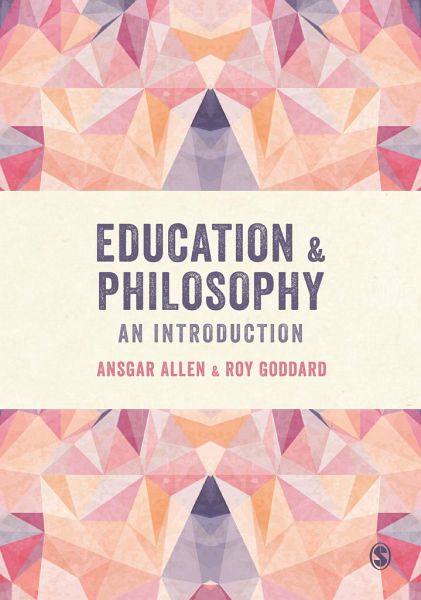
Education and Philosophy
An Introduction
Versandkostenfrei!
Versandfertig in 6-10 Tagen
29,99 €
inkl. MwSt.
Weitere Ausgaben:

PAYBACK Punkte
15 °P sammeln!
Philosophy is vital to the study of education, and a sound knowledge of different philosophical perspectives leads to a deeper engagement with the choices and commitments you make within your educational practice.This introductory text provides a core understanding of key moments in the history of Western philosophy. By introducing key transition points in that history, it investigates the plight of present day education, a period in which the aims and purposes of education have become increasingly unclear, leaving education open to the rise of instrumentalism and the forces of capital.Accessi...
Philosophy is vital to the study of education, and a sound knowledge of different philosophical perspectives leads to a deeper engagement with the choices and commitments you make within your educational practice.
This introductory text provides a core understanding of key moments in the history of Western philosophy. By introducing key transition points in that history, it investigates the plight of present day education, a period in which the aims and purposes of education have become increasingly unclear, leaving education open to the rise of instrumentalism and the forces of capital.
Accessibly written, the book carefully analyses the common assumptions and conflicted history of education, provoking questioning about its nature and purposes. The authors argue vigorously that thinking critically about education from a philosophical perspective will give practicing and trainee teachers, as well as students on undergraduate Education and Masters-level courses a fuller command of their own role and context.
This introductory text provides a core understanding of key moments in the history of Western philosophy. By introducing key transition points in that history, it investigates the plight of present day education, a period in which the aims and purposes of education have become increasingly unclear, leaving education open to the rise of instrumentalism and the forces of capital.
Accessibly written, the book carefully analyses the common assumptions and conflicted history of education, provoking questioning about its nature and purposes. The authors argue vigorously that thinking critically about education from a philosophical perspective will give practicing and trainee teachers, as well as students on undergraduate Education and Masters-level courses a fuller command of their own role and context.





